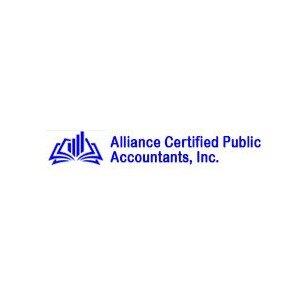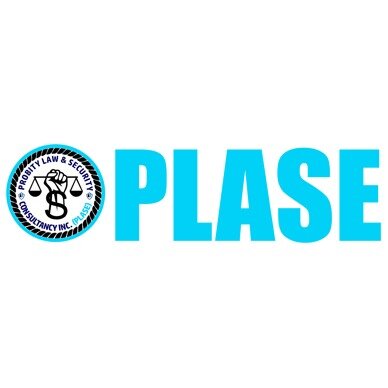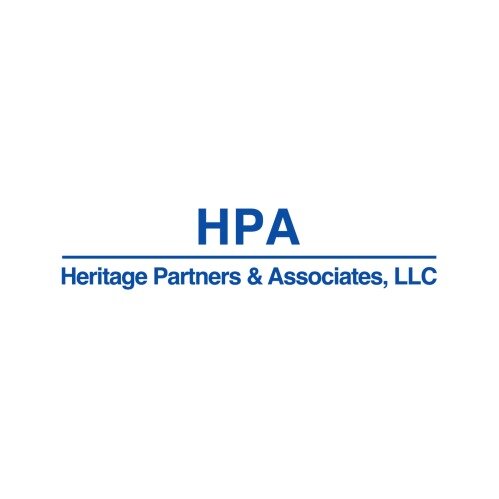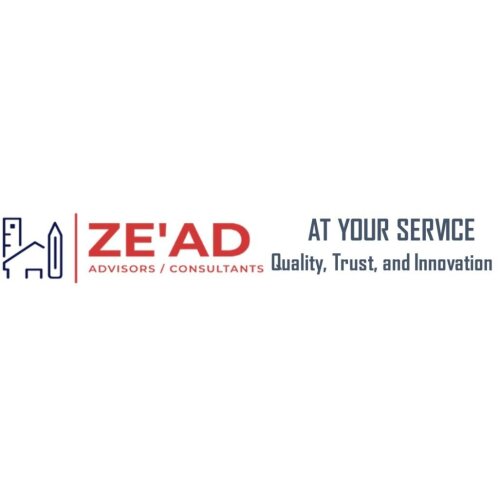Best Public-Private Partnerships (PPP) Lawyers in Liberia
Share your needs with us, get contacted by law firms.
Free. Takes 2 min.
Or refine your search by selecting a city:
List of the best lawyers in Liberia

Alliance Certified Public Accountants, Inc. (Alliance CPAs, Inc.)
15 minutes Free ConsultationAbout Public-Private Partnerships (PPP) Law in Liberia
Public-Private Partnerships, commonly referred to as PPP, are collaborative agreements between government bodies and private sector entities. In Liberia, PPPs are primarily pursued to improve public infrastructure, services, and development projects by leveraging the expertise and efficiency of the private sector. The government often seeks private sector involvement for projects such as roads, ports, energy, healthcare, and education, with the goal of enhancing service delivery and stimulating economic growth. Liberia has put in place specific legal frameworks and regulations to facilitate, oversee, and guide these partnerships, ensuring transparency and proper allocation of risks and returns.
Why You May Need a Lawyer
Engaging in a PPP project in Liberia can be a complex undertaking that involves navigating regulatory, financial, and operational requirements. Individuals and companies may require legal assistance in several common situations:
- Understanding the PPP legal framework and relevant compliance obligations
- Preparing or negotiating PPP contracts and agreements
- Participating in bidding or procurement processes for PPP projects
- Risk assessment and allocation for both public and private partners
- Resolving disputes that may arise during the partnership or at project completion
- Advising on project finance and funding arrangements
- Due diligence regarding land rights, permits, and regulatory clearances
- Ensuring environmental and social compliance for projects
Because PPP projects often involve large investments and long-term commitments, having a knowledgeable legal advisor is vital to protect your interests and ensure successful project implementation.
Local Laws Overview
Liberia's PPP framework is governed primarily by the Public-Private Partnership Act of 2010 and its subsequent amendments, alongside regulations from the Public Procurement and Concessions Commission (PPCC). Key aspects of local laws relating to PPPs in Liberia include:
- PPP Act of 2010: This Act establishes definitions, the legal authority for entering into PPP contracts, and lays out processes for identifying, initiating, evaluating, approving, and implementing PPP projects.
- Procurement Regulations: The PPCC is responsible for ensuring transparent, fair, and efficient procurement practices for all major government projects including PPPs.
- Concession Agreements: Many large PPP projects, especially in natural resources or infrastructure, are structured as concession agreements that grant specific rights to private partners for an agreed period.
- Environmental and Social Safeguards: Projects must comply with Liberian environmental laws and international best practices to mitigate social and ecological impacts.
- Government Support and Guarantees: The government may provide certain guarantees or support mechanisms, subject to regulatory approval and oversight to manage public risk exposure.
The PPP landscape in Liberia requires strict compliance with laws and procedures, risk-sharing mechanisms, and must ensure that project benefits are balanced for both the government and private participants.
Frequently Asked Questions
What is a Public-Private Partnership in Liberia?
A PPP in Liberia is a contractual arrangement where a government agency partners with a private entity to deliver infrastructure or public services, sharing risks and rewards over a defined period.
Who regulates PPPs in Liberia?
The Public Procurement and Concessions Commission (PPCC) is the principal body regulating PPPs, overseeing procurement and ensuring compliance with applicable laws.
What types of projects use PPP arrangements in Liberia?
Common sectors for PPPs include roads and transportation, energy, water and sanitation, education, healthcare, ports, housing, and natural resources.
Do foreign investors have the same rights as local companies in PPP projects?
Foreign investors may participate in PPPs, but must comply with Liberian investment and company registration laws. Certain sectors may have local content requirements or restrictions.
How are PPP projects funded?
Funding can be a mix of private investment, loans, government contributions, international donor support, or other financial instruments as detailed in the project agreement.
Are there any tax incentives for PPP projects?
Depending on the project and its significance, the government may grant certain incentives, but these are subject to negotiation, and must be approved under Liberian law.
What are the typical steps in the PPP project lifecycle?
The lifecycle generally includes identification, feasibility and value-for-money analysis, procurement, contract signing, implementation, operation, monitoring, and completion or handover.
Is dispute resolution provided for in PPP contracts?
Yes, most PPP contracts specify mechanisms for dispute resolution, which can include negotiation, mediation, arbitration, or litigation in Liberian courts.
How is risk allocated in PPP projects?
Risks are allocated between the public and private parties according to their ability to manage and mitigate them, and are detailed in the project agreement.
What happens if a PPP project fails or is terminated?
The contract will specify provisions for termination, compensation, asset handover, or other remedies depending on the circumstances and performance of each party.
Additional Resources
To gain further insight or seek assistance on PPP projects in Liberia, the following entities and resources are recommended:
- Public Procurement and Concessions Commission (PPCC) - oversees and regulates public procurement and concessions including PPPs
- Ministry of Finance and Development Planning - involved in the fiscal assessment and structuring of PPPs
- National Investment Commission - promotes investment and can provide guidance for foreign investors in PPP arrangements
- Ministry relevant to your sector (e.g., Transport, Health, Energy) - for sector-specific policies and guidance
- Local law firms and legal practitioners experienced in PPP projects and concession agreements
- International Finance Corporation (IFC) resources and publications on PPP best practices
Next Steps
If you need legal advice or assistance regarding Public-Private Partnerships in Liberia, start by clearly outlining your objectives and the nature of your potential or current involvement in PPP projects. Gather any relevant documents and determine which government agencies or regulations apply to your case.
Consider consulting a lawyer with expertise in Liberian PPP law and experience with PPP projects. Many law firms offer initial consultations and can guide you through the process of negotiating, drafting, and executing agreements, as well as representing your interests in disputes or regulatory matters. You may also contact the relevant governmental bodies for guidance or referral to qualified professionals.
Taking these proactive steps can help ensure your PPP participation is compliant, secure, and positioned for success in Liberia’s evolving infrastructure and public service landscape.
Lawzana helps you find the best lawyers and law firms in Liberia through a curated and pre-screened list of qualified legal professionals. Our platform offers rankings and detailed profiles of attorneys and law firms, allowing you to compare based on practice areas, including Public-Private Partnerships (PPP), experience, and client feedback.
Each profile includes a description of the firm's areas of practice, client reviews, team members and partners, year of establishment, spoken languages, office locations, contact information, social media presence, and any published articles or resources. Most firms on our platform speak English and are experienced in both local and international legal matters.
Get a quote from top-rated law firms in Liberia — quickly, securely, and without unnecessary hassle.
Disclaimer:
The information provided on this page is for general informational purposes only and does not constitute legal advice. While we strive to ensure the accuracy and relevance of the content, legal information may change over time, and interpretations of the law can vary. You should always consult with a qualified legal professional for advice specific to your situation.
We disclaim all liability for actions taken or not taken based on the content of this page. If you believe any information is incorrect or outdated, please contact us, and we will review and update it where appropriate.
Browse public-private partnerships (ppp) law firms by city in Liberia
Refine your search by selecting a city.











